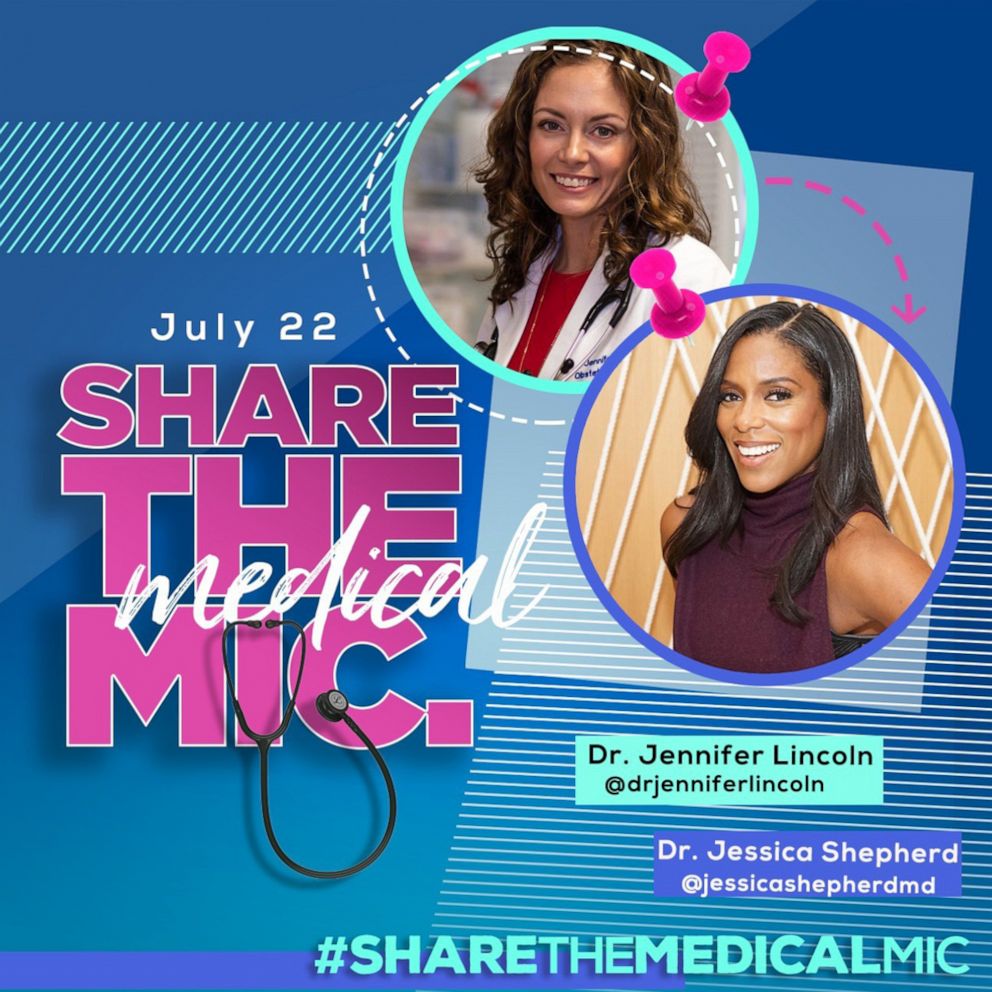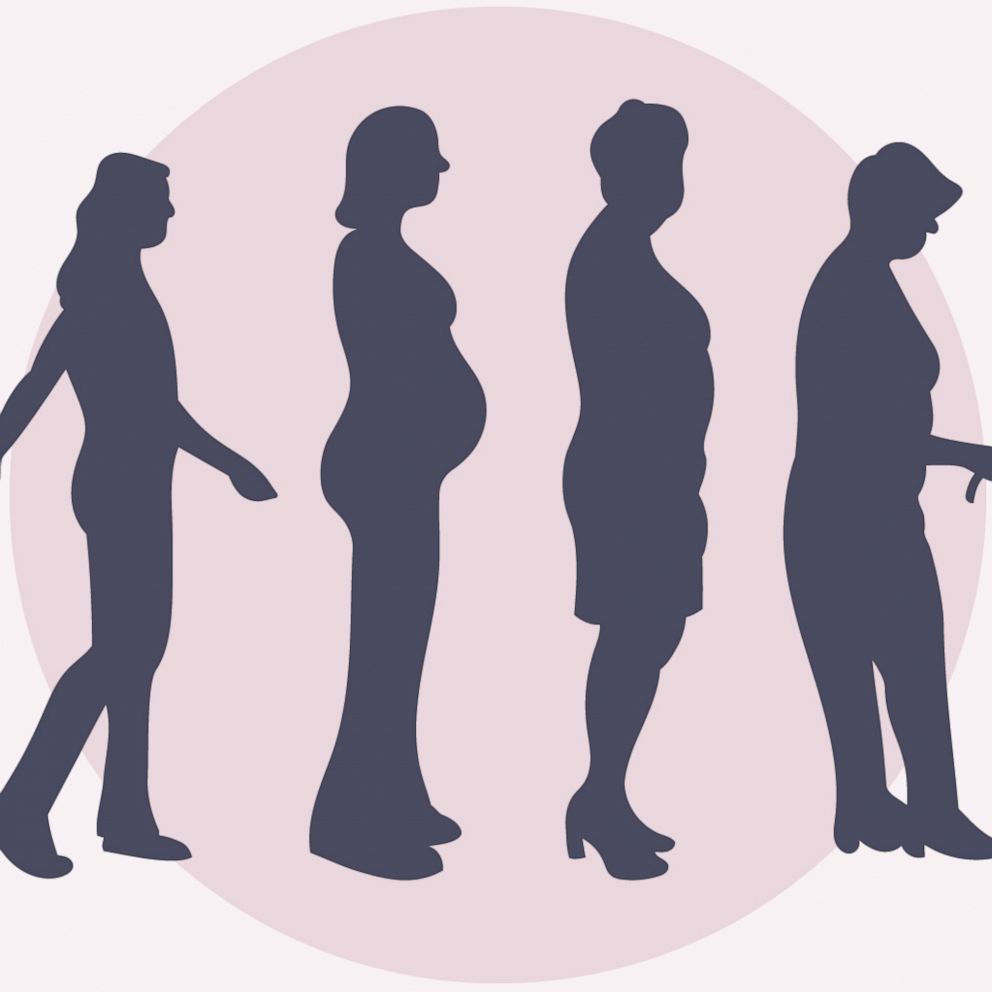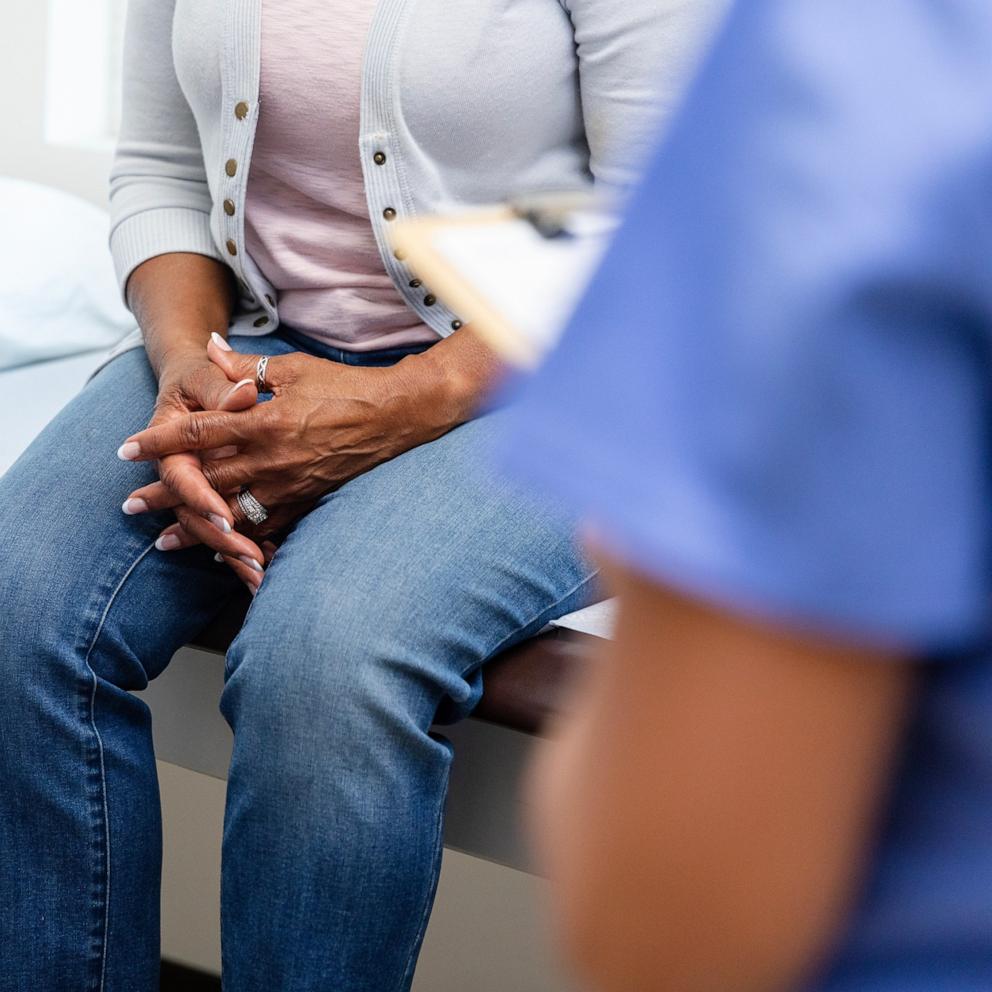Women's Health Initiative to continue after threat of funding cuts, researchers say
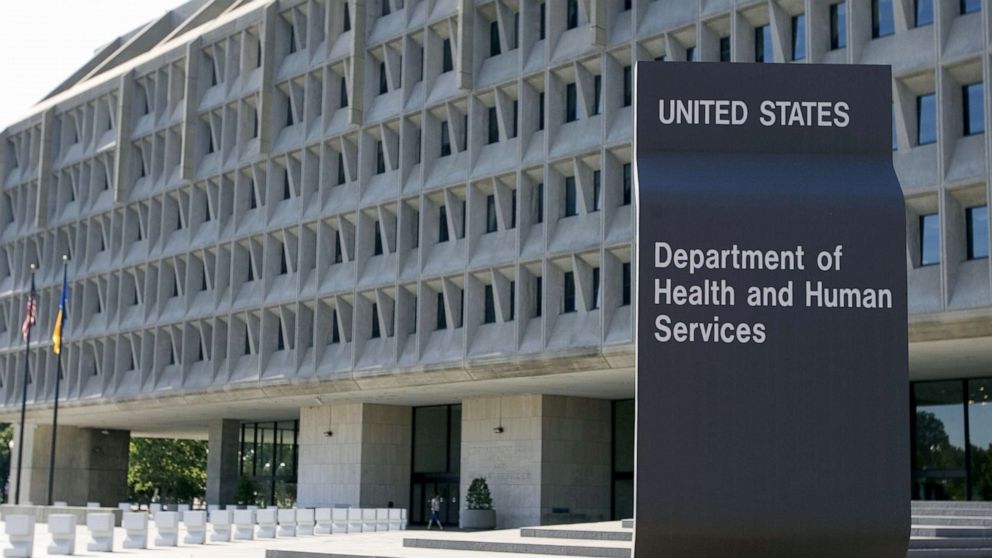
A 30-year study of over 160,000 women that has led to discoveries in women's health on everything from cancer and hormone therapy to chronic disease, aging and osteoporosis will continue "uninterrupted" with funding from the federal government, researchers said Tuesday.
Researchers with the Women's Health Initiative, or WHI, said in a statement they were notified Monday evening by the National Institutes of Health, part of the U.S. Department of Health and Human Services, that federal funding for the study would continue.
"Specifically, we learned from our NIH acquisitions officer that 'the previous decision to not renew has been rescinded and we can move forward with new task orders in September,'" the WHI confirmed on its website. "We want to thank [Health and Human Services] Secretary Kennedy and NIH Director Bhattacharya for their support for this landmark study. Their timely actions will allow us to continue the important work of the WHI uninterrupted."
Study researchers had previously announced on April 21 that they had been informed HHS would terminate contracts for the study's four regional centers at the end of September. Funding for the study's clinical coordinating center would continue through January 2026, researchers said at the time, and then remain uncertain.
News of the initial funding cut prompted outcry from medical experts and scientists given the profound impact of the WHI, one of the longest and largest health studies of women.
Amid the outcry, on April 25, the HHS confirmed to ABC News that the agency planned to restore funding.
"These studies represent critical contributions to our better understanding of women's health. While NIH, [the agency within HHS that oversees the Women's Health Initiative], initially exceeded its internal targets for contract reductions, we are now working to fully restore funding to these essential research efforts," the agency said. "The NIH remains deeply committed to advancing public health through rigorous gold standard research and we are taking immediate steps to ensure the continuity of these studies."
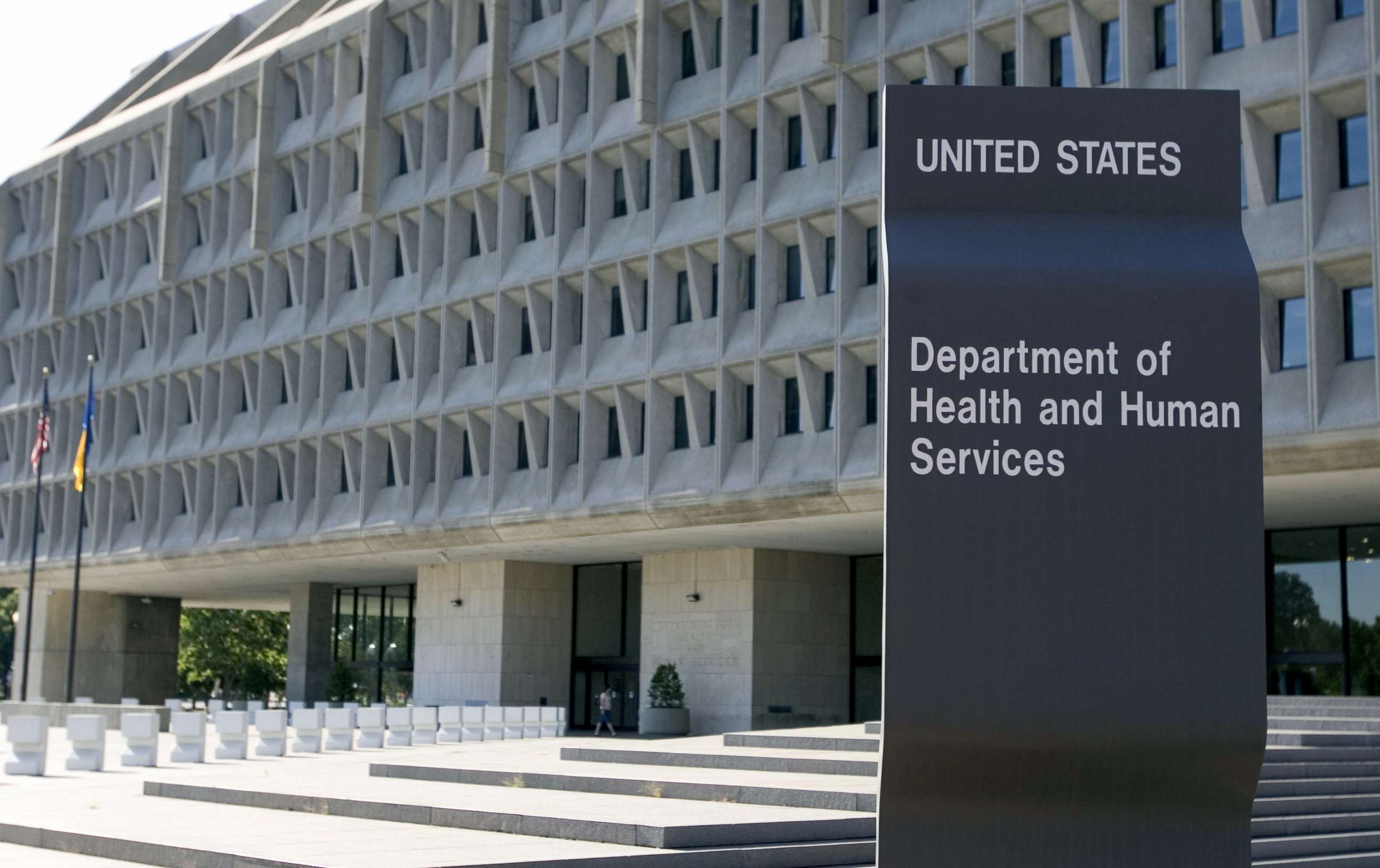
WHI researchers said Tuesday that the notification they received from the NIH Monday evening served as official confirmation that funding will continue.
Discoveries stemming from the three decades' worth of data collected by the WHI include major information on preventing chronic disease in women; slowing memory loss; preventing and treating breast, ovarian and colorectal cancers in women; and better understanding of how conditions earlier in life like pregnancy, preeclampsia and gestational diabetes impact women later in life, according to Dr. JoAnn E. Manson, one of the long-term principal investigators of the WHI.
"This is the largest and most groundbreaking study of women's health, and we're learning so much about prevention of chronic disease, healthy aging, extending health span, years of life that are free of major chronic diseases with good memory and cognition and mobility, and quality of life," Manson, who is also Preventive Medicine division chief at Brigham and Women's Hospital and a Harvard Medical School professor, told ABC News in late April, when the funding cut was first announced.
Manson said at the time that the research findings the WHI continues to produce have not only shaped public health guidelines and clinical health guidelines -- meaning the medical advice doctors give to patients -- but have also shaped a generation of researchers of women's health.
"There have been more than 5,000 investigators who have been involved with publications and with the science, and it will be difficult to keep that together," she said then of the potential impact of the funding cuts. "Also, the WHI has played an enormous role in training and mentoring the next generation of researchers in women's health and healthy aging that is likely to be disrupted."
Manson and other researchers noted at the time that the sudden announcement of the funding cuts, followed by the possible reversal to restore funding, had thrown their work into chaos.
"We've got blood samples, literally hundreds of thousands of blood samples, that have been collected over the years. It isn't clear if those bio-specimens can be fully utilized and used to advance the science that is also threatened," Manson said, later adding, "We need to see whether these bio-specimens can be preserved, whether they can still be made available for ancillary study by investigators around the country, whether new biomarkers can be measured in these blood samples -- it's really unclear."
Dr. Marian Neuhouser, a principal investigator of the WHI at the Fred Hutchinson Cancer Center, said one of the primary duties of the study's regional centers, whose funding was originally set to be terminated in September, is to continually collect data from the tens of thousands of women still enrolled in the study.
"There aren't many studies that have such a large database of older women. We have something like 13,000 women over the age of 90 and some up to age 108," Neuhouser previously told ABC News. "We need to learn about these women -- what keeps them healthy, what puts them at risk, how people can remain living independently. This information helps clinicians as they interact with patients."
She added of the women enrolled in the WHI, "They want to be studied. They want to be part of the answer."
Experts like Neuhouser note that the work of the WHI is landmark in part because as recently as three decades ago, women were not required to be included in medical research.
In the 1970s, for example, the first clinical studies on the effects of estrogen -- the sex hormone responsible for female physical features and reproduction -- were done on men.
It was only with the passage of the National Institutes of Health Revitalization Act in 1993, signed into law by then-President Bill Clinton, that the inclusion of women and people of color became required in federally funded research.
